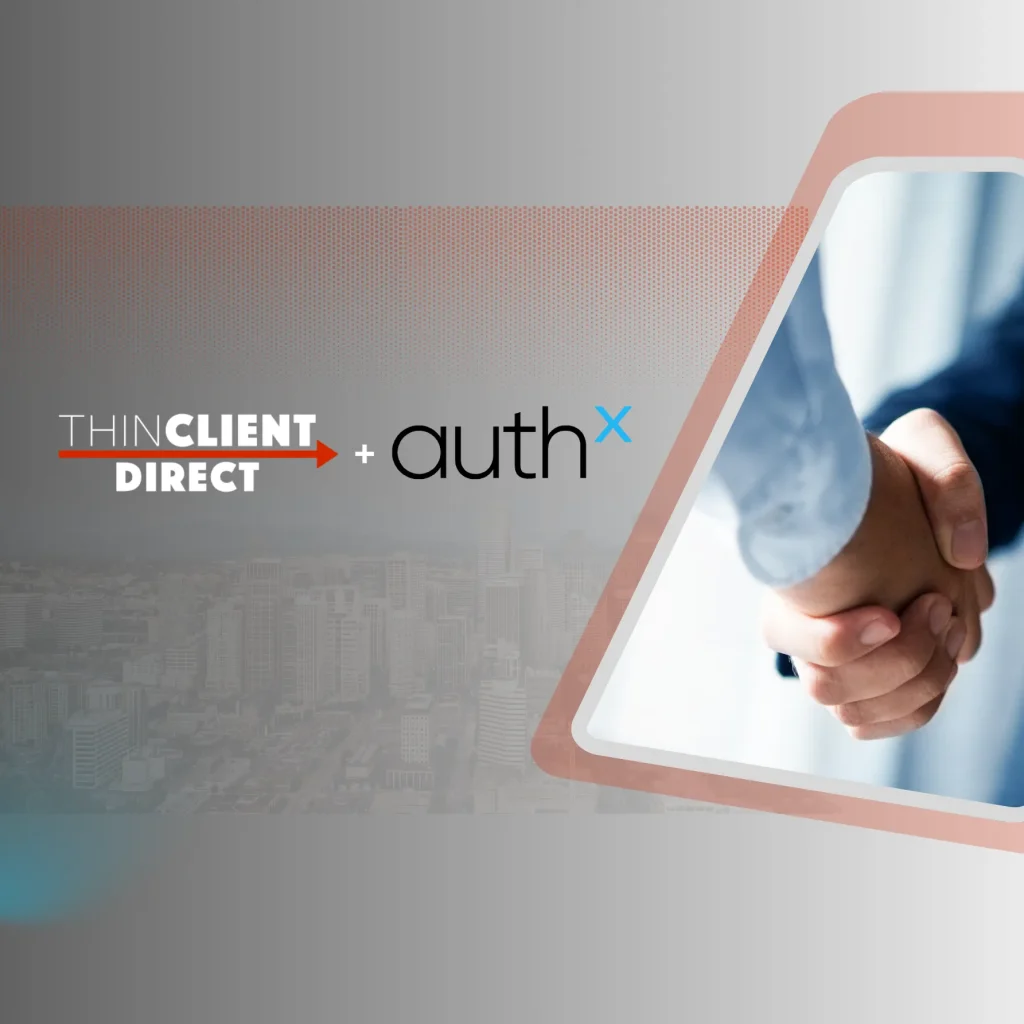As an organization, security should be your top priority when browsing the web. A secure browser is one of the best ways to protect your data and ensure safe and secure online browsing. A private browser is essential for organizations that want to maintain a high level of privacy and protect confidential information from malicious attacks. This blog post will discuss the importance of using a secure and private browser for organizations, and provide tips on how to choose the right secure browser for your business.
Why a Secure Browser is Crucial for Organizations
In today’s digital age, where cyber threats and attacks are on the rise, the importance of a secure browser for organizations cannot be emphasized enough. IT security should be a top priority for any organization, as the consequences of a data breach or a successful hack can be devastating. A secure browser is one of the best defenses against these threats, offering a safe and protected browsing experience.
Unsecured browsers leave organizations vulnerable to a variety of risks, including malware, ransomware, and spyware attacks. These malicious programs can infiltrate an organization’s network and wreak havoc on their systems, potentially leading to data loss, financial loss, and damage to the organization’s reputation.
By using a secure browser, organizations can protect their confidential information and ensure that their online activities are not intercepted or compromised. Secure browsers provide features such as built-in encryption, ad-blocking, and anti-tracking capabilities, all of which contribute to a safer and more secure browsing experience.
Furthermore, organizations that deal with sensitive data, such as financial institutions or healthcare providers, are often required to adhere to strict compliance regulations. A secure browser can help organizations meet these requirements and avoid costly penalties.
The Risks of Unsecured Browsers for Organizations
Unsecured browsers pose significant risks to organizations, making it crucial for businesses to prioritize security when browsing the internet. One of the biggest threats is ransomware, a malicious software that can infiltrate an organization’s network and encrypt important files, demanding a ransom for their release. Falling victim to ransomware can lead to severe financial losses and operational disruptions.
In addition to ransomware, unsecured browsers leave organizations vulnerable to various other risks. For example, cybercriminals can exploit vulnerabilities in outdated browsers to gain unauthorized access to sensitive information or install malware onto an organization’s systems. Once infiltrated, hackers can steal valuable data, such as customer information or trade secrets, leading to irreparable damage to an organization’s reputation and customer trust.
Moreover, using unsecured browsers like Chrome Enterprise can expose organizations to privacy risks. These browsers often lack robust encryption and anti-tracking capabilities, allowing third parties to monitor and collect user data. This puts organizations at risk of violating data privacy regulations and facing legal consequences.
To mitigate these risks, organizations must prioritize the use of secure browsers that offer advanced security features, regular updates, and strong encryption. Implementing browser security measures, such as regularly updating browsers, using ad-blocking and anti-tracking extensions, and educating employees about safe browsing practices, can significantly reduce the risks associated with unsecured browsers.
Key Features of a Secure Browser for Organizations
When choosing a secure browser for your organization, there are several key features that you should consider. First and foremost, a secure browser should have robust protection against ransomware, a malicious software that can hold your organization’s data hostage. Look for a browser that offers advanced malware detection and prevention mechanisms to keep your systems safe from these threats.
In addition to ransomware protection, a secure browser should also have strong encryption capabilities. This ensures that your internet traffic is encrypted, making it difficult for hackers to intercept and access sensitive information. Look for browsers that offer industry-standard encryption protocols, such as SSL/TLS, to safeguard your organization’s data.
Another important feature to consider is ad-blocking and anti-tracking capabilities. Unsecured browsers often allow third-party ads and trackers to monitor your online activities, compromising your privacy and exposing your organization to potential risks. A secure browser should have built-in ad-blockers and anti-tracking technologies to prevent these unwanted intrusions.
Furthermore, a secure browser should offer regular updates and patches to address any security vulnerabilities that may arise. This ensures that your browser remains up-to-date with the latest security measures and protects your organization from emerging threats.
Lastly, consider the user-friendly interface and compatibility with your organization’s existing software and systems. A secure browser should integrate seamlessly with your organization’s workflow and provide a smooth and intuitive browsing experience for your employees.
By considering these key features, you can choose a secure browser that provides the necessary protection for your organization’s sensitive data and ensures a secure and private internet browsing experience.
Factors to Consider when Choosing a Secure Browser for Your Organization
When it comes to choosing a secure browser for your organization, there are several factors that you should consider. First and foremost, you need to ensure that the browser provides robust protection against ransomware. This malicious software can infiltrate your organization’s network and encrypt important files, leading to significant financial losses and operational disruptions. Look for a browser that offers advanced malware detection and prevention mechanisms to keep your systems safe from these threats.
Another important factor to consider is the level of encryption that the browser offers. Strong encryption is essential to ensure that your internet traffic is secure and cannot be intercepted by hackers. Look for browsers that use industry-standard encryption protocols, such as SSL/TLS, to safeguard your organization’s data.
Additionally, consider the ad-blocking and anti-tracking capabilities of the browser. Unsecured browsers often allow third-party ads and trackers to monitor your online activities, compromising your privacy and exposing your organization to potential risks. A secure browser should have built-in ad-blockers and anti-tracking technologies to prevent these unwanted intrusions.
Lastly, compatibility with your organization’s existing software and systems is crucial. Ensure that the secure browser integrates seamlessly with your workflow and provides a smooth and intuitive browsing experience for your employees.
By considering these factors, you can make an informed decision and choose a secure browser that provides the necessary protection for your organization’s sensitive data and ensures a secure and private internet browsing experience.



